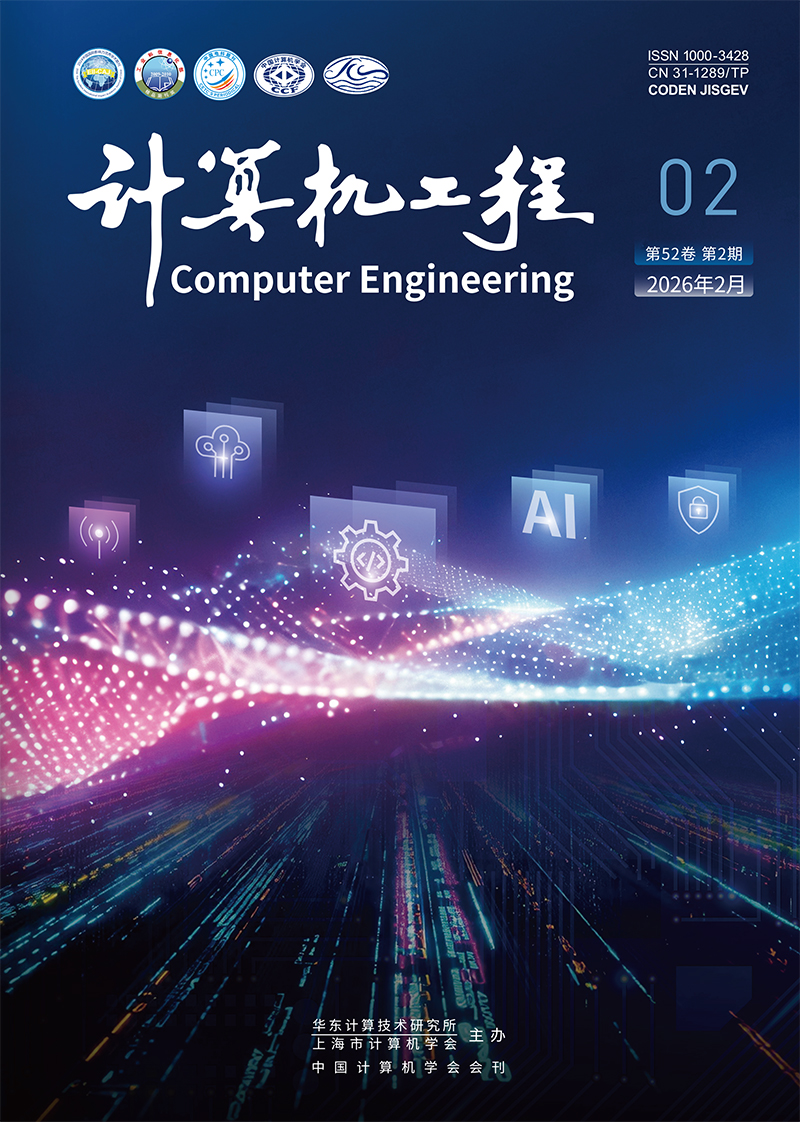Publishing Ethics
The editorial office of Computer Engineering has established the following publication ethics in accordance with the ethical standards set by the Committee on Publication Ethics (COPE) and referencing the ethical norms of other journals in the same field.
Ethical guidelines for authors
(1) Authors should present accurate description of its original work and objective statement of the importance of this work. The submitted manuscripts should contain sufficient arguments and references, so that other researchers can refer to. The submitted manuscripts must follow the requirements listed in the “Instructions to Authors” of Computer Engineering.
(2) The submitted manuscripts must be original works, whose content has never been published before. Citations of the work of others must be appropriate.
(3) Authors must not submit a manuscript to more than one journal simultaneously, nor should they publish works of similar contents to more than one journal.
(4) All authors should be those who have made great contribution to the conceiving, designing, execution and explanation of this work. Corresponding author should make sure all the co-authors have been listed in the work, and all of them acknowledge the final version of the submitted manuscript.
(5) Funds information should be indicated in the manuscript.
(6) When an author discovers a significant error in his/her own published work, it is the author’s obligation to promptly notify the journal editor or publisher to retract or correct the paper.
(7) Authors must disclose all potential conflicts of interest (whether financial or non-financial in nature) that may introduce bias into their research or the submitted manuscript. Such disclosures shall encompass any personal relationships or financial circumstances that could reasonably be perceived as influencing the objectivity of the scholarly work.
When suggesting peer reviewers, authors must adhere to the principle of refraining from recommending individuals with potential competing interests, including but not limited to colleagues, mentors, friends, or recent collaborators.
Ethical guidelines for reviewers
(1) Peer reviewers help editors decide the acceptance or rejection of submissions, and help authors improve the quality of their works.
(2) Reviewers should identify the sources of data in the submissions. Should plagiarism or duplicate submissions and publications be found, it is the reviewer’s obligation to notify the editors.
(3) Reviewers must give unbiased appraisements to each submitted manuscript, and the appraisements should be based on sufficient arguments.
(4) Reviewers should identify relevant published work that has not been cited by the authors.
(5) Any manuscript received for review must be treated as confidential documents. They must not be shown to or discussed with others without the authorization of editors and authors.
(6) The information acquired during the review process must be kept confidential, and unauthorized use of the information is not allowed. Reviewer must not reject a submission for interest conflicts reasons such as competition and collaboration.
(7) If review cannot be completed on time, it is the reviewer’s obligation to inform editors, so that the manuscript can be reassigned to other reviewers.
(8) Reviewers shall disclose to the editorial office and recuse themselves from reviewing the manuscript when any of the following competing interests or potential conflicts of interest exist with the author(s) or their affiliated institutions:
1. Current employment at the same institution as any author;
2. Serving as a mentor/student, close collaborator, or co-sponsor with any author within the past three years;
3. Personal relationships with authors (e.g., family members, friends);
4. Substantial similarity between the manuscript under review and the reviewer’s own work intended for publication elsewhere, or any direct/indirect financial interest existing with the manuscript under review.
Upon identifying such conflicts, reviewers must notify the editorial office and promptly withdraw from the review process without retaining or copying the manuscript.
Ethical guidelines for editors
(1) Editors can receive, reject or require modification of a manuscript according to the review comments of reviewers and the review reports of editorial board.
(2) Editors should evaluate a manuscript in the light of their importance, originality, clarity and relevancy to the journal, without regard to race, gender, religion or nationality.
(3) Editors must not disclose any information about a submitted manuscript to anyone outside of the peer review process.
(4) Unpublished materials disclosed in a submitted manuscript must not be used in an editor’s own work without the written permission of the author.
(5) Editors have an obligation to investigate academic misconduct in submitted or published articles. Once an academic misconduct complaint related to an article is received, editors must handle the case following the “Academic Misconduct Process”, which might lead to clarification, publication correction, retraction, or an apology.
(6) Editors shall conscientiously recuse themselves from handling manuscripts with which they have potential conflicts of interest, including but not limited to current employment at the same institution as any author, and personal relationships with authors (e.g., family members, friends).
(7) Editors shall refrain from assigning reviewers who have competing interests with any of the authors.
(8) Editors must ensure editorial decisions about whether to accept a manuscript are made independently of authors’ waiver status.


